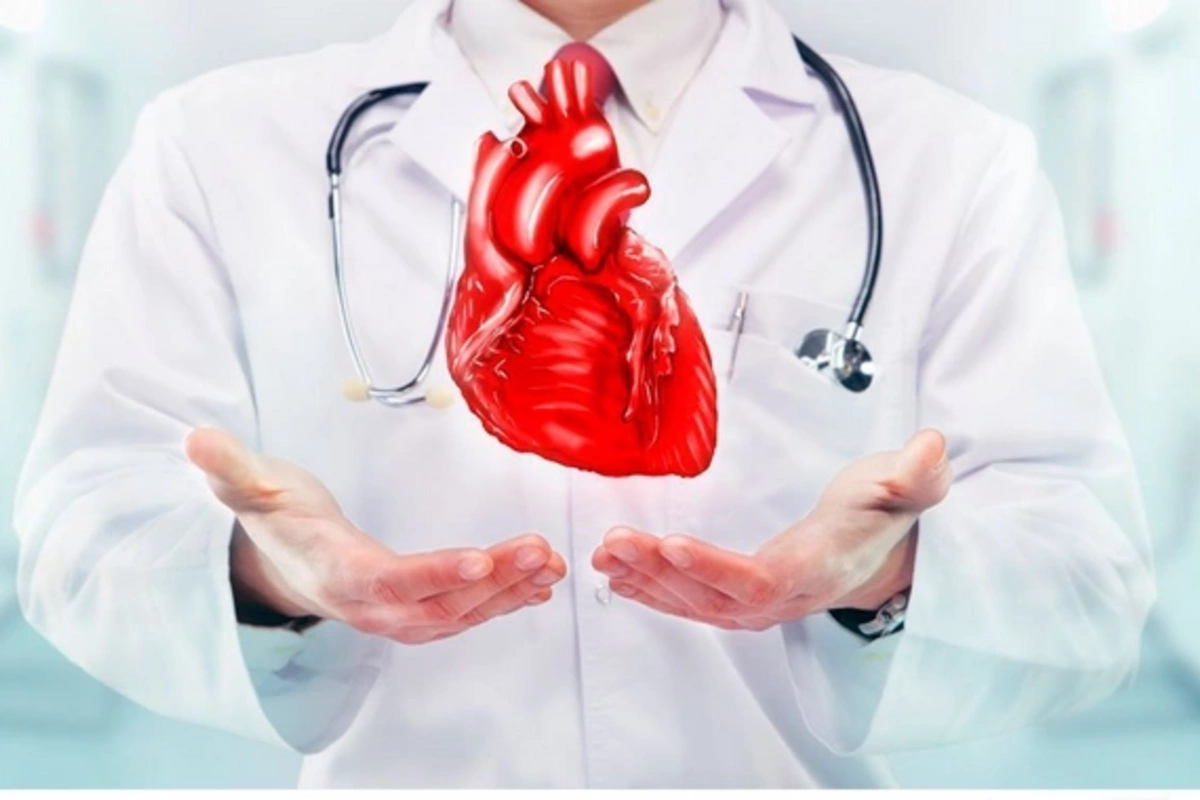21 May , 11:41
0

Modern medicine warns: the heart doesn't stop suddenly - it sends warning signals in advance
The problem is that most people either don't recognize these important signs or ignore them, attributing them to normal fatigue, stressful situations, or age-related changes. However, timely attention to your body's signals can save your life.
Main signs that the heart is "starting a countdown":
Constant fatigue and weakness
If you feel exhausted even after proper rest, and usual physical activities cause shortness of breath - this is a serious cause for concern. Such symptoms may indicate that the heart is not coping with normal blood circulation.
Pain or discomfort in the chest
Sensations of burning, squeezing, or even slight tingling in the chest, especially occurring during physical exertion or emotional stress, may indicate angina or ischemic heart disease.
Shortness of breath with minimal activity
Difficulty breathing when climbing stairs or during brisk walking can be an alarming sign of heart failure.
Sleep disturbances and night awakenings
Frequent awakenings during the night, especially accompanied by feelings of anxiety or shortness of breath, require medical attention. These symptoms may be related to fluctuations in blood pressure or heart rhythm disturbances.
Swelling of legs and feet
When the heart works inefficiently and fails to pump blood properly, fluid begins to accumulate in the lower extremities, causing noticeable swelling.
Irregular pulse or heartbeat
Heart rhythm disturbances can occur as a reaction to stress or be a symptom of serious cardiac diseases, including various forms of arrhythmia.
Dizziness and fainting
Insufficient oxygen supply to the brain due to weakened heart muscle function can manifest as dizziness or even loss of consciousness.
What to do?
If you detect even one of the listed symptoms, it is extremely important to act immediately. Schedule a consultation with a cardiologist, get an electrocardiogram, an ultrasound examination of the heart, and a complete blood count. Early detection of the problem significantly increases the chances of preventing dangerous conditions such as heart attack, stroke, or heart failure.